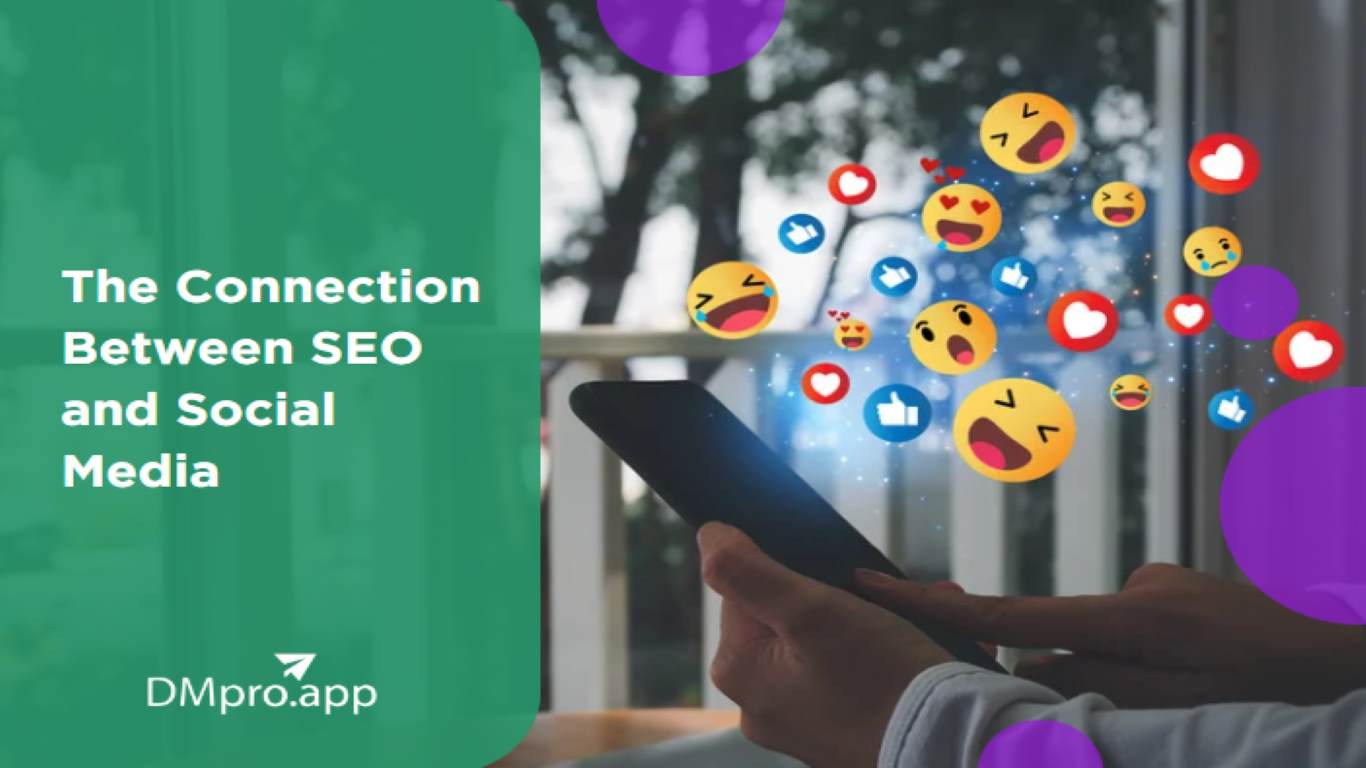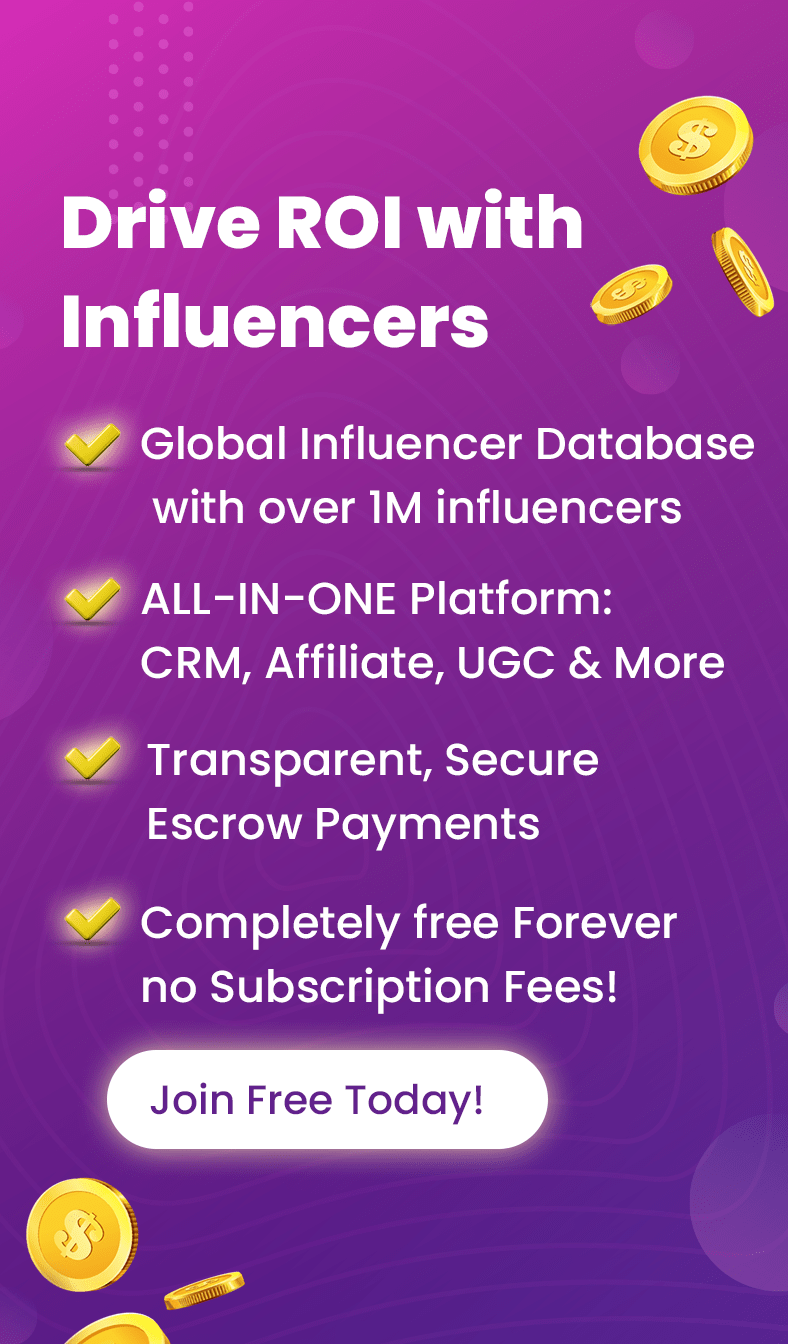Social media has an indirect impact on your SEO rankings. Because there’s no direct correlation between the two, many make the mistake of leaving it out of their SEO strategy.
Learn the connection between SEO and social media and how to leverage it to generate leads, more organic business, and better rankings.
Table of Contents
ToggleWhat Is Social Media SEO?
Social media SEO involves optimizing your social media pages and staying active. Generally, SEO and social media are two distinct digital marketing strategies with different goals. However, with strategic planning, you can use both to your benefit in a way that complements the other.
Social media tends to be a less committed, more casual way of selling a brand. Using social media, businesses can increase brand awareness, interact with their customers, learn more about customer feedback, and quickly provide followers with deals or discounts.
What Social Media Accounts Are Good for SEO?
There aren’t any specific social media sites that are better for SEO than others. Instead, choosing the social media accounts that best align with your brand is important. YouTube is a video-based platform that generates a good amount of traffic.
Facebook allows you to put brand offers in front of your customers on a regular basis. Other social media types to consider include Instagram, TikTok, LinkedIn, and X.
How Does Social Media Impact SEO?
Social media can impact your SEO rankings in a few ways, including the following:
#1 Increased Traffic
Your social media accounts have the potential to drive more traffic to your website. As long as the increased traffic is relevant to your industry, they’re more likely to interact with your content. In return, the boost in website traffic shows Google that you’re a trustworthy site and deserve higher rankings.
Businesses can bring more traffic to web pages using carefully placed keywords. Keyword research services ensure your business knows the best search phrases to use in SEO and social media campaigns.
Another effective strategy is to use social media to generate more traffic to underperforming pages. When choosing what pages to rank, Google considers page relevancy and current traffic data. Boost traffic to a less-visited web page using social media to drive sales for specific products or services.
#2 Link Sharing
Cross-sharing links across multiple websites is an important part of SEO, and social media is another place that can help you build links. This strategy can be especially beneficial when releasing a new service or product. Social media can be a faster way to get the word out to your target audience, which could generate more traffic to relevant pages.
#3 Better Brand Reputation
Social media is also important for boosting your brand’s awareness, enhancing your brand reputation, and optimizing your social media profile. Use your social media accounts to interact with your current customers, as well as your target audience. Social media also gives your business the opportunity to create a community around your brand. This can help create customer trust and loyalty.
The ability to share your high-quality content on more platforms can also help position your business as an industry leader. Social media provides you with the platform you need to get your content in front of more readers and distinguish yourself from your competitors. A disruptive marketing campaign with unique content helps your business find its voice while increasing SEO results.
#4 Helps Local SEO
Social media has the potential to offer good local SEO results. Social media also makes forming local relationships with other area businesses easier. Cross-sharing customer reviews on your social media pages can also help increase the overall trust of your brand. Social proof is a marketing phenomenon that makes your business more trustworthy among potential customers based on previous reviews.
Of course, social media is also one of the best ways to stand out in a competitive market. Your social media accounts are your opportunity to show your followers what makes you different and why they should choose you. Because social media tends to be less salesy, brands can deliver a more distinct personality through fun, engaging posts.
How to Maximize Your Social Media Strategy for SEO Purposes
A few excellent ways to optimize your social media accounts include the following:
- Strategic use of keywords on a page and in posts.
- High-quality, share-worthy content that encourages discussions.
- Encourage followers to share content with their own followers.
- Working with other social media pages to generate links and cross-shares.
- Optimize social media images.
- Add social share buttons to your website.
- Include links to your website in your social profiles.
A good digital marketing strategy combines multiple optimization techniques and utilizes cross-sharing among multiple platforms. When done right, positioning your social media strategy in line with your SEO campaign can be extremely effective.
FAQs
In the next section, we’re going to answer some common queries users face when dealing with SEO and social media:
Q1. Does Social Media Directly Affect SEO Rankings?
No, social media does not have a direct impact on SEO rankings. However, it indirectly influences rankings by increasing website traffic, enhancing brand reputation, and facilitating link building, all of which are factors considered by search engines.
Q2. Which Social Media Platforms are Best for SEO?
There isn’t a definitive answer to this question as it largely depends on your business niche and target audience. Platforms like Facebook, Twitter, LinkedIn, and Instagram are commonly used for SEO purposes due to their wide user base and content sharing capabilities.
Q3. How Can I Use Social Media to Improve Local SEO?
Social media can significantly benefit local SEO efforts by engaging with local audiences, sharing location-based content, encouraging reviews and check-ins, and forming partnerships with local businesses. These actions enhance your local visibility and credibility.
Conclusion
While social media doesn’t have a direct correlation to your SEO rankings, it can and does usually have an indirect impact. Search engines tend to favor websites with more traffic and customer trust, both things that a good social media strategy can accomplish. Combining your strategies is an excellent way to accomplish better rankings.


